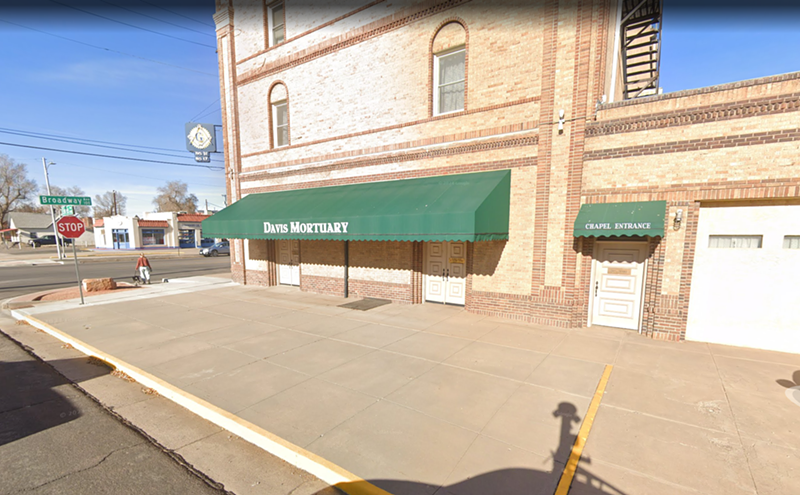Achieving something far weirder and more resonant than the genre pastiche it initially seems to reach for, Beyond the Black Rainbow satisfies on practically every level — provided you allow its narcotic pace, lysergic visuals and throbbing soundtrack to tickle your cortex into a contained frenzy instead of lulling you to sleep.
Auteurized to within an inch of its life by first-timer Panos Cosmatos, Black Rainbow constructs a deliberately opaque narrative with a slyly obscured timeline; an opening title card swears it's 1983, but the hair and turtleneck-sport jacket combos, among other tip-offs, read a decade earlier. (A duo-chromatic flashback to 1966 adds yet another temporal wrinkle.) The skeletal story concerns Elena (Eva Allan), a young woman with telekinetic powers who's doped and held against her will in an antiseptic bunker utopia called Arboria, named for its squirrelly founder, a kind of Leary/Howard Hughes mash-up. Smug, elusive staffer Dr. Barry Nyle (Michael Rogers) conducts painful experiments on the girl in the guise of therapy before they embark on convergent paths to liberation.
These details don't matter much, because Beyond the Black Rainbow is seamless, a slavish synthesis of influences above all else. Most are easy to peg for the junk-movie nut — everything from Logan's Run, Phase IV and The Terminator to Jodorowsky, John Carpenter's synth scores and Ridley Scott's skim-milk sci-fi opuses. The milieu in general is a sanitized-to-death Kubrickian future (past) in which curdled new-age ideology reigns, and there are even echoes of Alphaville and, in the ambiguous closing shot, Dogtooth. This gives an idea of the high-low ambitions Cosmatos brings to the film, but for all his indebtedness to bygone, beloved and beloathed celluloid artifacts, he gives Black Rainbow a stirring presence of its own. Rogers is extraordinary, too: In early scenes he oozes malevolent, half-comical contempt, while later he makes Barry's tragedy (revealed in the flashback) sympathetic and real. Where has this guy been hiding?
Alas, Black Rainbow can't sustain its literally mesmerizing tone in the final act, and Barry and Elena's showdown feels truncated and anti-climactic (possibly by design, but it still falls flat). At heart, the film is no more (or less) than a brilliantly executed lark, but it's not often that we're reminded with such potency that movies are most delightful as sensory experiences.








